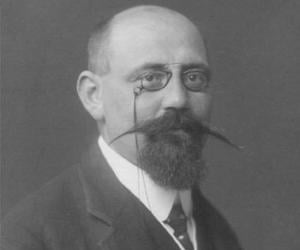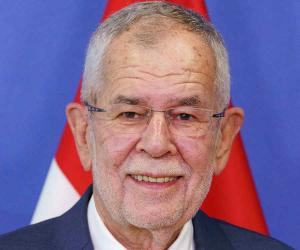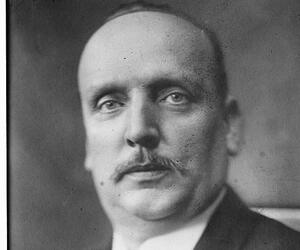1
Karl Renner
(President of Austria from 1945 to 1950)

11
2
Birthdate: December 14, 1870
Sun Sign: Sagittarius
Birthplace: Dolní Dunajovice, Czech Republic
Died: December 31, 1950
Karl Renner was an Austrian politician and jurist known for his significant contributions to the establishment and leadership of various Austrian republics. He played a crucial role in leading the initial government of the Republic of German-Austria and the First Austrian Republic in the early 20th century. Renner was instrumental in the re-establishment of the Second Republic following the fall of Nazi Germany, serving as its first President after World War II. His leadership and political influence earned him the title "Father of the Republic."











